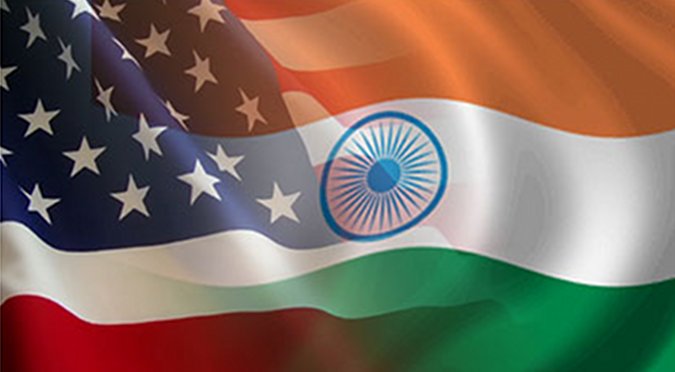By
By Dr Subhash Kapila*
US Defence Secretary Ashton Carter commenced his three day visit to India on June 02 2015, significantly, with a visit to Indian Navy’s Headquarters Eastern Naval Command at Vishakhapatnam which has operational responsibilities with South East Asia and the South China Sea.
The US Defence Secretary’s visit to the Headquarters of India’s most important Naval Command Headquarters in the present geopolitical context would enable him to grasp in his briefings the potential of the Indian Navy besides visits to some naval ships.
Coming to India directly after his Keynote Address at the Shangri La Dialogue in Singapore where the United States emphasis was to caution and advise China not to rake up tensions in the South China Sea, the US Defence Secretary’s visit to Indian Navy’s Headquarters Eastern Naval Command assumes significance.
Intended or not, the above context is likely to be analysed by China as some sort of political and strategic signalling by India. Even if it was not so intended by India then it is high time that India initiates such political signalling to China keeping in mind that China is not only brazen but unapologetic about its India-discomfiting strategic moves in Pakistan.
India and the United States enjoy a wide range of strategic convergences on the security and stability of the Indian Ocean and the Indian Ocean Region in which China is intrusively moving-in to disturb the existing status-quo and naval balance.
The above strategic reality should be a good enough reason for the United States and India to cooperate in a joint effort to keep the ‘Indian Ocean as Indian’, something which I have emphasised in my Papers on the subject and also on TV debates.
For obvious reasons the US Defence Secretary’s visit to India cannot be billed as such though undoubtedly it would be the main topic with his discussions in New Delhi with the Indian Defence Minister, National Security Adviser besides a call on Prime Minister Modi.
The US Defence Secretary’s visit to India for three days is being projected as to finalise and sign the 10 Year Defence Framework Agreement for US-India defence cooperation especially in terms of pathfinder joint defence production projects to begin with and then an enlargement of the same cooperation.
Notable in these discussions would be the US offer to assist with India its defence technology in construction of Aircraft Carriers which India sorely needs to cope with China’s rush into the Indian Ocean. The United States has expressed readiness in assisting India in the capacity-building of the Indian Navy so as both countries can contribute to the security and stability of the Indian Ocean.
The United States Navy and the Indian Navy have been conducting joint naval exercises for the past couple of years both in Indian waters and in Pacific Ocean waters. This is resented by China and it is critical of these initiatives as intended to checkmate China.
Discussions are also likely to take place to improve US –India intelligence sharing cooperation. India also needs US technology assistance in production of aircraft engines for its combat fighter aircraft as its own indigenous production effort in this field has failed to take off.
Significantly and imperceptibly, India seems to be reducing the country’s defence hardware dependence on Russian military hardware. This for a good reason in that Russia has become a de-facto strategic ally of India’s main adversary, China, and also signalling moves to closer ties with Pakistan.
Concluding, one hopes that the United States succeeds in breaking new ground with India in joint defence R&D and defence production especially for the Indian Navy with China signalling last month its military ambition of force projection in far-off waters, read Indian Ocean littoral. Concomitant to such path-breaking would be the imperative for the United States to dispense with its obsession to a “China Hedging Strategy”.
*Dr Subhash Kapila is a graduate of the Royal British Army Staff College, Camberley and combines a rich experience of Indian Army, Cabinet Secretariat, and diplomatic assignments in Bhutan, Japan, South Korea and USA. Currently, Consultant International Relations & Strategic Affairs with South Asia Analysis Group. He can be reached at drsubhashkapila.007@gmail.com
Source: Eurasiareview









